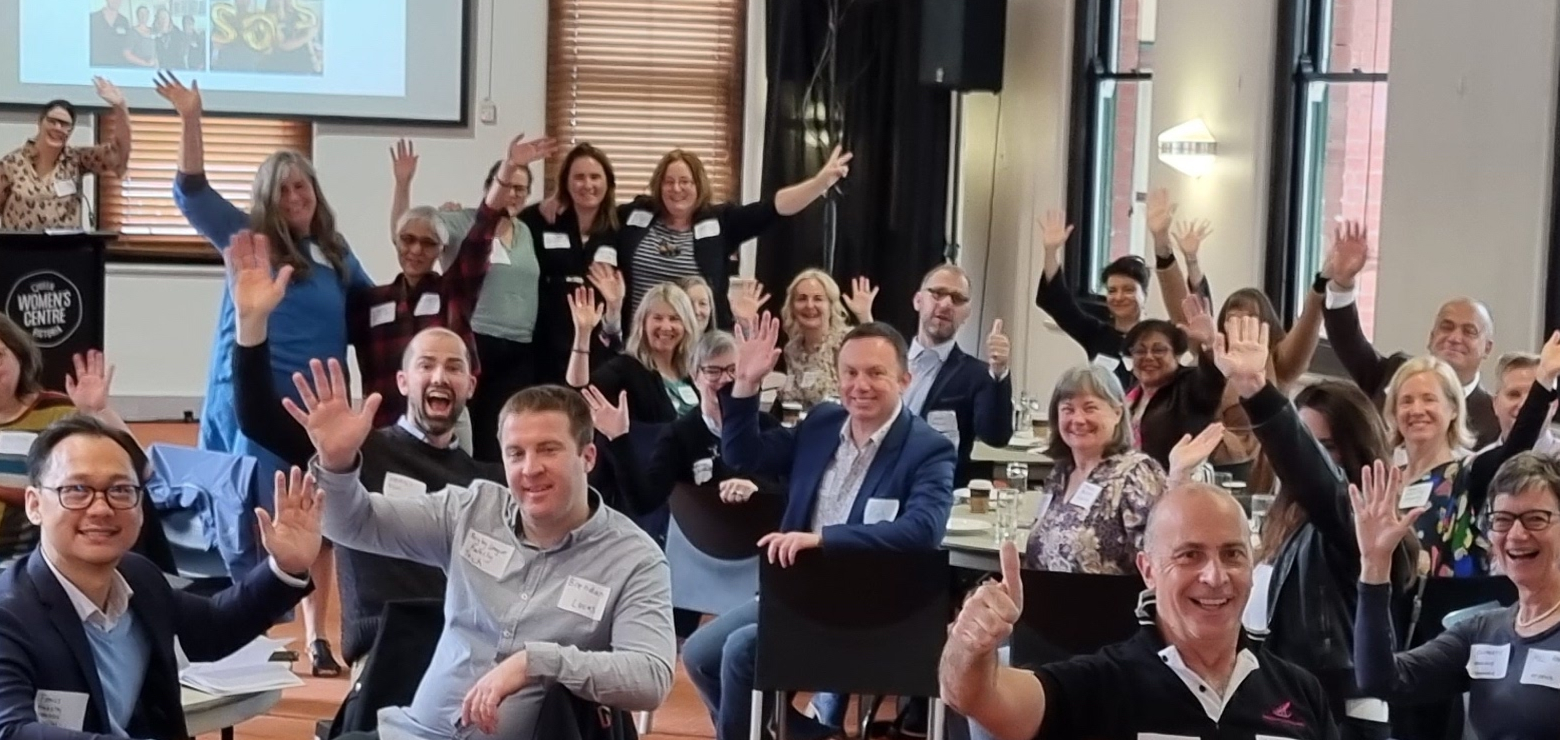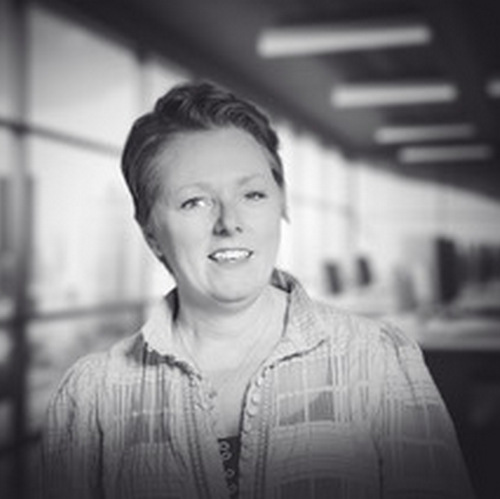Yesterday I attended Day 2 of the National Community Foundations Forum, where I was fortunate enough to speak about community engagement, and also participate in the audience and learn from some of our sector's inspiring leaders.
There’s always a gem or three that we take away from Conferences, and the line “we are applying a climate lens” said by Catherine Brown, the CEO at Lord Mayor’s Charitable Foundation was one of those moments.
Being a stickler and lover of the English language, it was the word ‘lens’ that perhaps had such potency to it. This is not about grants to environment, or environment projects. This is so much more. A much more educated and intelligent philosophy, and a respect for the full implication that climatic changes have, are and will continue to have across our society - housing, health and much more than we have possibly even imagined.
Catherine briefly mentioned that she had been to COP21 - the United Nations Climate Change Conference last year, and how in meeting and discussing with other philanthropic foundations, she had learned ways she could and would need to integrate this climate lens into the work at Lord Mayor’s Charitable Foundation.
I have taken the time today to read Catherine’s blog (posted in December 2015) and to lean into what she heard, what she found, and what the implication and opportunity was for us here in philanthropy land in Australia.
In her reflections, Catherine says: “Philanthropy has a very important role to play in supporting community education and resilience and supporting organisations to reduce their carbon footprint.” Her post is well worth reading if you haven’t already. Click here for link.
Catherine gave some great examples of the initiatives that LMCF is and will be getting behind, and how the “climate lens” is being applied.
She spoke briefly of the Victorian Eco Innovation Lab (VEIL) at Melbourne University which has looked at the Melbourne 'food bowl' and how urban development may impact our FoodBowl as much as 41% to 18% drop by 2050 if we aren’t mindful of the development impact on our food security (among other issues being explored). More about that here.
One of my clients is working to educate school children about the precious Liverpool Plains Food Bowl (Food Bowl Connection), and I had a startling realisation that I had hardly thought about Melbourne's food bowl, and also Gippsland's food bowl, and how much we all need to start getting our heads around what are incredibly sacred, yet vulnerable and over-looked parts of lives and collective wellbeing.
Catherine also spoke about LMCF’s collaboration with VEIL through a project called FoodPrint Melbourne which explores the vulnerabilities in Melbourne’s food supply.
I’m now back in the office, and starting to bookmark some web pages to read up on how I can apply a climate lens to my own philanthropic projects (through Xfactor and my own personal projects), and will share them as I find useful tools and case studies around the ‘how’ of applying a climate lens.
Thanks Catherine for the gem. A simple word: lens. But effective and something we can all take onboard and integrate into our work.



















